Last week, I posted a substack on breasts and bras written by a new substack contributor I’m working with, Sydney Ross Singer. If you miss it, you can find it here.
There were many comments and questions from women with large breasts. I passed those concerns back to Sydney. This is his response. By the way, please like and follow his stacks. They are well-written and on many interesting and essential topics. I will be featuring many of his substacks on this page. Please follow and join The Culture Doctor. He is the author of Dressed to Kill, a book I’ve talked about since the first edition came out in 1995. Sydney was on my podcast recently.
Are big breasts doomed to wear bras? Is there a medical or physiological reason why women with large breasts need to lift their breasts or “support” them with a bra?
After 30 years of outreach warning women about the hazards of bras and after talking with thousands of women about how their bras affect their bodies, one of the most commonly asked questions I get is from large-breasted women who want to toss their bras but are afraid that they need a bra for support. They somehow believe that the bra-free lifestyle that optimizes breast health is something that they cannot do because of their breast size.
This is an important issue to address, since bra usage is a huge factor in breast disease and the development of cancer.
Breast Health Research
From our research on over 4700 US women, discussed in our book, Dressed to Kill: The Link Between Breast Cancer and Bras, we found that bra-free women have about the same risk of breast cancer as men, while the tighter and longer the bra is worn the higher the risk rises, to over 100 times higher for a 24/7 bra user compared to a bra-free woman.
We also found that bras cause breast pain and cysts, a far more common problem than cancer. Bras weaken the ligaments inside breasts, causing breasts to droop more than they would naturally since the artificial support from the bra causes the internal ligaments to weaken and atrophy from nonuse. Bras also limit deep breathing, which is more difficult with a tight band around the chest. This can cause constipation, menstrual period changes, and more.
These effects of bras have been known to science for years. The bra-cancer link was even known back in the 1930s. But fashion advertisers persist with their sales messages that bras are somehow “needed for support,” and this drowns out the health message that bras are bad for breasts.
Meanwhile, the medical industry is happily making billions of dollars annually with early detection and treatment of breast disease. They have no financial interest in fighting culture and fashion to warn women about bras.
Many women just don’t want to hear it, since breast appearance is central to their self-image. They have been brainwashed from childhood about what makes them sexy is breast shape. Their first “training bra” is a right of passage, of sorts, into believing that bras are an essential garment for their breasts.
Women who hear these messages are often torn between the cultural demands to wear a bra and the health demands of being bra-free. Culture has a way of making people do things that are harmful, from smoking and drinking to eating unhealthy, processed foods to wearing tight, constrictive, harmful clothing.
Why is tight clothing bad for health?
Tight clothing can interfere with circulation, which is essential for keeping healthy. I have a mantra: circulate or deteriorate. That’s a fundamental fact about health. If any part of the body is deprived of circulation, it deteriorates. Toxins can build up in the tissues, which cannot be eliminated by the circulation in the presence of tight clothing. The lymphatic system is significantly impacted by the compression of tight clothes. Research shows that an impaired lymphatic system results in an increased incidence of cancer.
Bras are tight by design, altering breast shape for cultural reasons. When you lift the breasts, you apply constant pressure to keep the breasts in that new position, usually higher on the chest wall than they would be naturally. This pressure compresses and constricts the lymphatics in the breasts, resulting in toxin and fluid accumulation. This can lead to breast pain and cysts, and significantly increases the risk of cancer.
Many women, upon learning about the hazards of bras, choose to stop wearing them and discover that their breasts recover from pain and cysts. Once the internal suspensory ligaments regain strength, the breasts lift and tone on their own. They also report breathing easier, along with other amazing benefits.
What about women with large breasts?
Unfortunately, some large-breasted women fear that they are doomed to wear bras, believing the sales hype that tells them that breasts need support. But do they?
Here are some points to help the large-busted woman be free of bras and reduce their risk of breast cancer.
The female human body was not designed with a flaw that requires 20th Century lingerie for “support.” Women throughout the world, where there are no bras, have breasts of all sizes, large and small, and they have very small, breast disease. In fact, when my wife and I were in Fiji studying bras and breast cancer as a follow-up to our US study, we were told by large-breasted Fijian women that they could not wear bras because they were too tight! They had no breast issues, and large breasts were no problem for them.
If you have worn a bra all your life, then your breasts have become reliant on the bra for support since your internal suspensory ligaments are not strong enough from nonuse. Your breasts are also filled with backed-up lymph fluid from the bra and its impairment of the lymphatics, which in medical terms is chronic, mild lymphedema. This means your breasts are heavier than they would be without a bra. So when you take off the bra, your breasts feel heavy, possibly painful, with weak ligaments that make them extra droopy. This makes it seem like you need the bra. But, actually, the bra is causing this problem. Women who have large breasts and who have never worn a bra have pain-free, healthy breasts.
Another problem with bras and large breasts is that lifting the breasts in a bra requires that you put pressure on the shoulders and around the chest to hold the bra up. Transferring the weight of the breasts to the shoulders causes grooves to form, which compresses on nerves leading down the arm and up to the head. This causes headaches, neck pain, and numbness and tingling in the fingers and hand. It also stresses the back to have breasts higher up on the chest wall than they naturally want to be. If left alone, large breasts reach a position where the body is better balanced.
What about exercise for women with large breasts? Do they need sports bras? Not necessarily. Sports bras are tight by design and prevent proper breast circulation when you are exercising. If you do wear a sports bra when exercising, take it off when you stop. Better yet, do exercise that is friendly for your body. Large-breasted women may not want to jog, run, or jump for their exercise. Cycling, swimming, yoga, and walking are more suitable for large-breasted women.
What about breast reduction? Cosmetic surgery is in vogue these days, but all surgery carries risks and causes damage to the lymphatic system. Interestingly, a study in the UK where large-breasted women came to a clinic for an evaluation for breast reduction surgery were instead given larger-sized bras. Their bodies were more comfortable, and the desire for surgery was eliminated. This showed the problem was not the large breasts but the bra into which they were stuffed. Try removing your bra before you remove your breast tissue.
Many women believe their breasts should be immobilized in a bra. Actually, lymphatic circulation relies on body movement to propel lymph fluid through the lymphatic vessels. Breasts have natural movement and bounce when you walk, which pumps the breast lymphatics. Immobilized breasts do not get this boost to the lymphatic circulation and remain stagnant. Bras also increase heat within the breasts, leading to inflammation and an increased risk of cancer.
What about drooping? The bra industry has wormed into the mind of every woman, telling them to keep their bras on, even when it feels uncomfortable. It seems people want to look “good” more than they want to be healthy. Of course, cancer does not look good, and painful, congested breasts are not happy breasts.
But always keep in mind that fashion doesn’t care about women. The industry wants to make women self-conscious and insecure, so women buy their products to look “better.” Ironically, women who stop wearing bras discover that nobody really notices, or really cares, that they are bra-free. There are also ways of dressing, for example, with vests or wearing shirts with pockets, that deemphasize the breasts. Women today are more free than ever to dress for comfort because harassment from men, whether you wear a bra or not, is no longer socially acceptable. Even workplace bra usage is not enforceable.
Health is the new Fashion
Fortunately, being bra-free is now becoming fashionable. Women want comfort over fashion and are asking why they need to wear bras in the first place. Of course, bra companies will lie and say women need the bra for support. But you can break this addiction and dependency. Try going bra-free for one month. Your breasts may feel a bit weak and tender at first since they need to get used to supporting themselves. But with a bit of time, you will be thankful that you ended your bra habit.
You may think this is easy for a man to say. But let me tell you, I have discussed this with thousands of women over the 30 years I have worked on this issue. My wife, Soma Grismaijer, with whom I do my research and whose breast lump got us into the study of this disease, is large-breasted. It took her some time to get used to being bra-free, perhaps a few weeks. But after that, she felt comfortable with her freed breasts, even while bouncing on a rebounder without a bra. Her lump went away once she eliminated the bra, and she has had healthy breasts ever since. Many women have the same story.
Bottom line: Try it for yourself.
Don’t let anyone get between you and your health, even your bra. Let your experience be your guide. After one month of being bra-free, it is likely you will never go back. And you can join our free International Bra-Free Study, so we can follow your progress and give you the support you need to end the support your breasts don’t need.
References:
Dressed to Kill: The Link Between Breast Cancer and Bras, Second Ed. https://www.amazon.com/Dressed-Kill_Second-Between-Breast-Cancer/dp/0757004628/
How Bras Cause Lymph Stasis and Breast Cancer https://www.academia.edu/36287546/HOW_BRAS_CAUSE_LYMPH_STASIS_AND_BREAST_CANCER
Bras Cause More Than Breast Cancer: Preliminary Results of the International Bra-Free Study https://www.academia.edu/40226963/Bras_Cause_More_than_Breast_Cancer_Preliminary_Results_of_the_International_Bra_Free_Study
An investigation of the suitability of bra fit in women referred for reduction mammaplasty https://www.sciencedirect.com/science/article/abs/pii/S000712260300122X
Bra-Free at Work: Ending Sexist and Illegal Dress Codes https://www.academia.edu/38702156/Bra_Free_at_Work_Ending_Sexist_and_Illegal_Dress_Codes

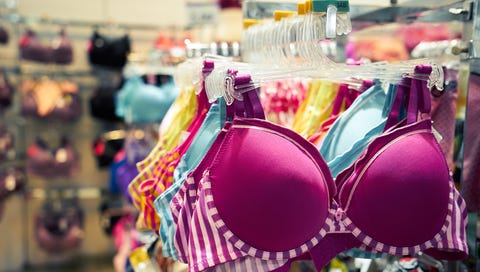



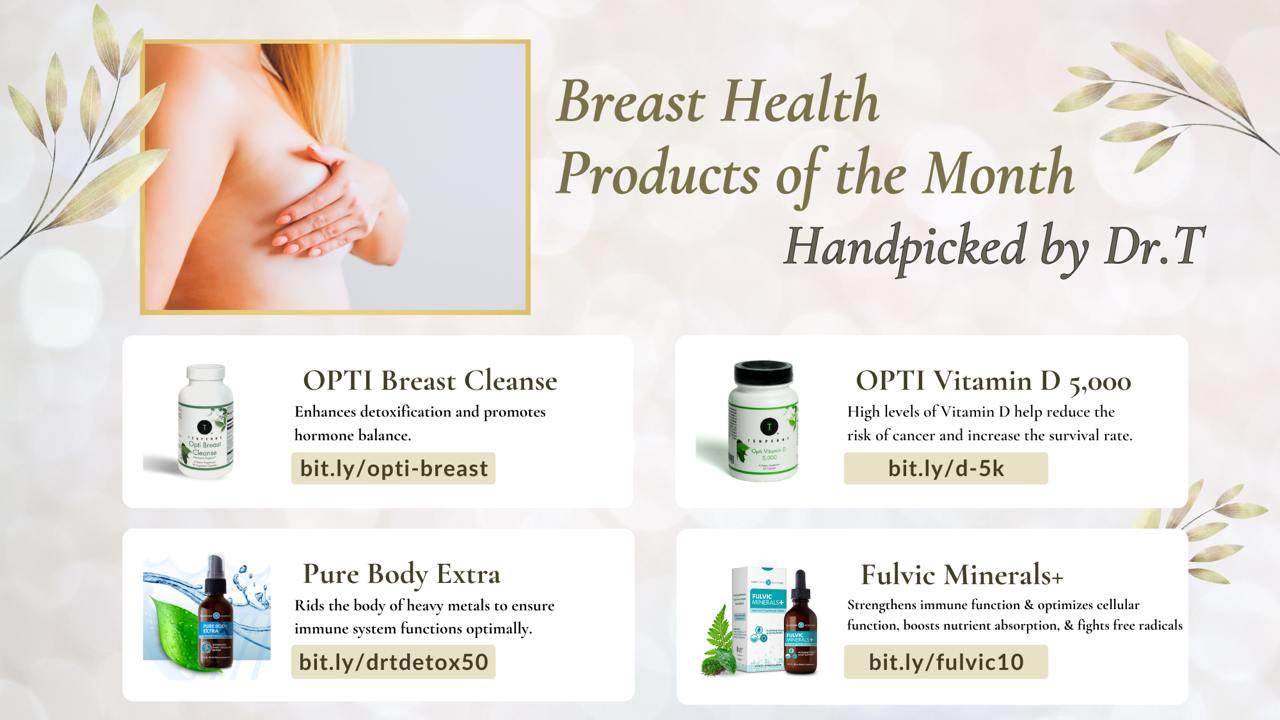
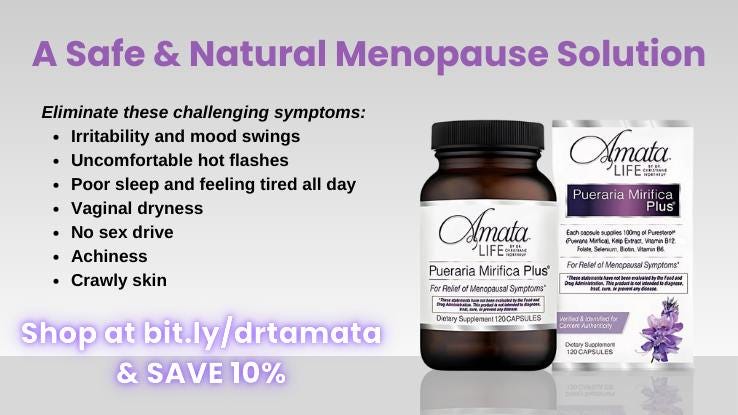
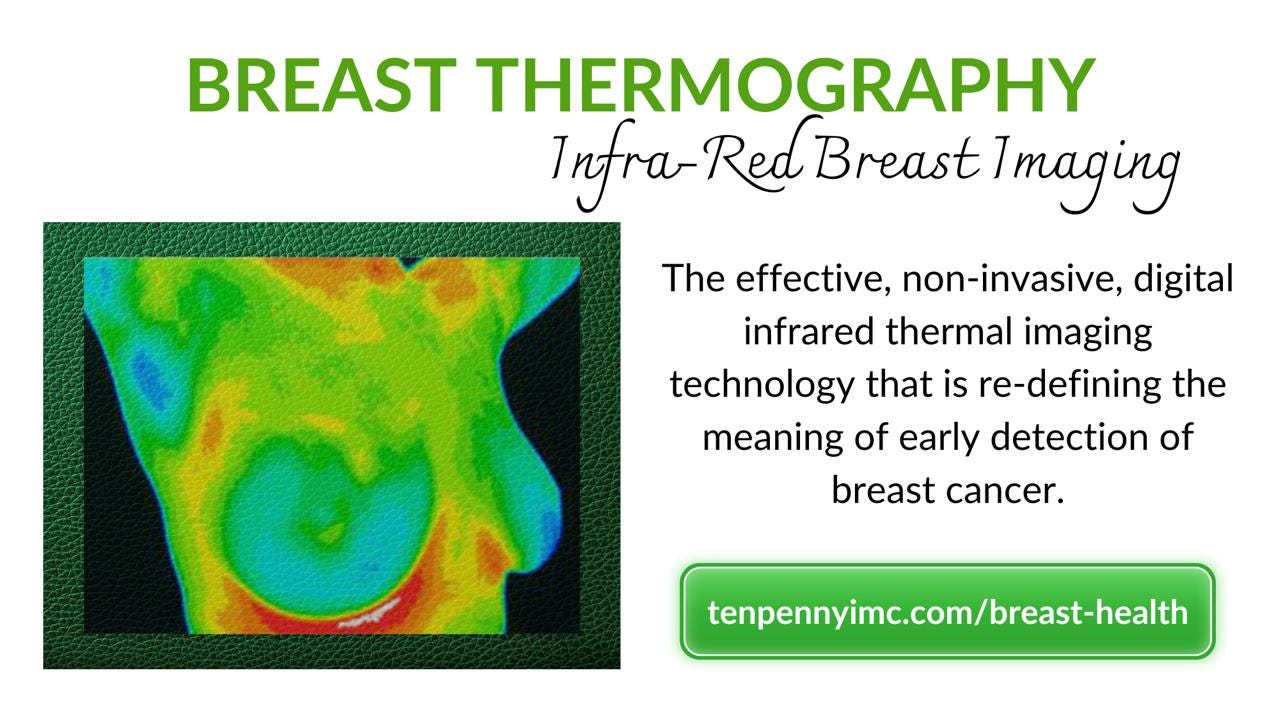
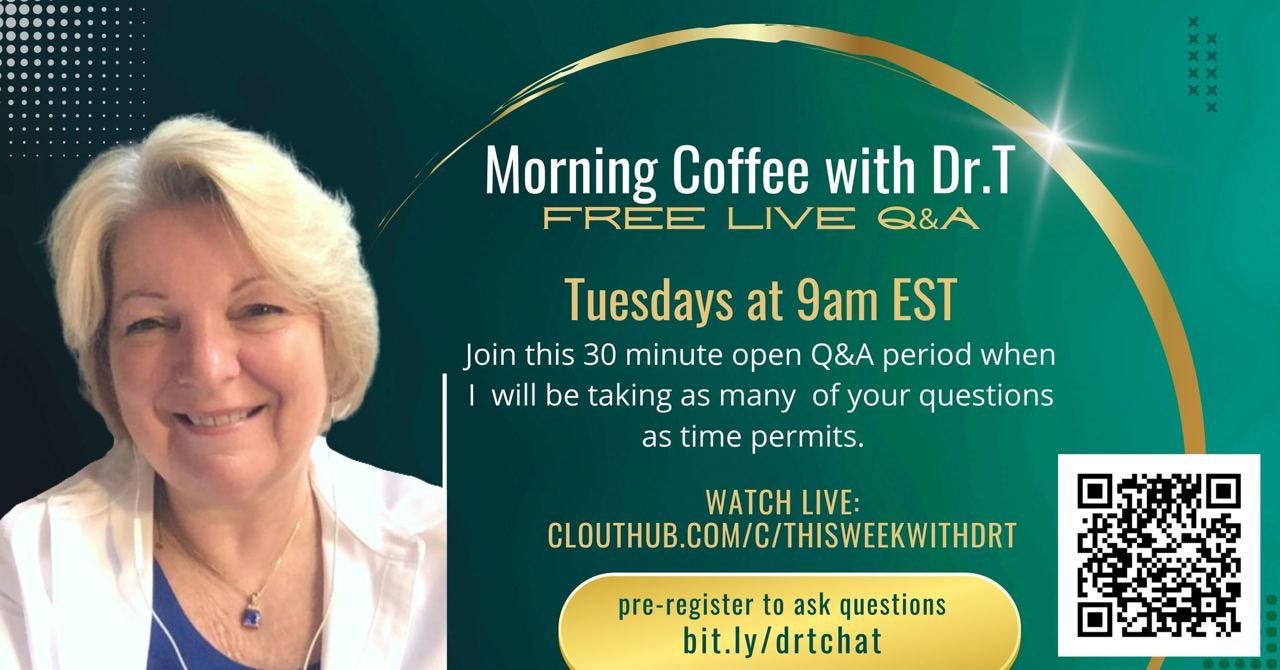
I am not a fashion oriented person. I dress simply and usually knit shirts and jeans. If I did not wear a bra, I would be stared at all the time and not in a pleasant way. It isn't about support, but keeping them from moving all over the place. At the gym, it would be a disaster. Instead of hammering me to not wear a bra, why not come up with a design that minimizes movement, covers the nipple, and is loose fitting? I cannot implement the no bra mantra as long as I live among people who live by their eyes. My goal is to be more invisible, not a sideshow. I know someone out there understands what I am living with and is frustrated with these recommendations.
Since the age of 15 (60 years ago) my breasts have caused me distress and embarrassment. I was an athletic kid and suddenly, as if overnight, these huge things appeared and were swinging up and around in front of me causing me terrible shame. It was not an age of good bra fitting or knowledge. As a student I heard the girls on my Hall of Residence corridor discussing ''L's revoltingly huge breasts''. I wished I could die.
Throughout my life I struggled, using 'minimiser' bras when I could. I never enjoyed my large breasts even when it became a fashion. I was mortified by them. And I had continual backache.
Now I'm 75 and have many problems from various different sources. Consequently I am disabled, living alone but for my dogs. I do not go out, hardly see anyone so dress as I feel comfortable. This is in very loose clothes and NO BRA! I feel the cold badly so wear a coat/jacket indoors.
I do not think fashion, sports, or bra makers have ever served the needs of underwear for women with large breasts and I am not holding my breath waiting for the right answer to reach every shop, lady, sports person or health worker.
Dear Dr Tenpenny, I am not in the least surprised that it is you who have brough me the answer to the misery I have secretly suffered all my adult life. You are a diamond! Thank you!